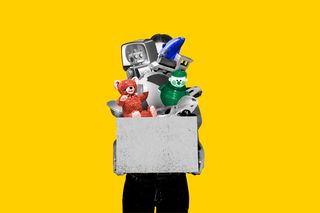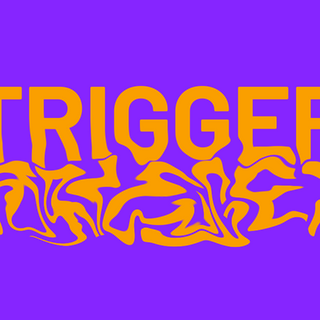
Adults Are Driving Growth in the Toy Industry, Report Says
The trend speaks to a growing awareness that play isn’t just for children’s development — it’s essential to survive and live well.

As per data from the NPD group, “kidults” are the biggest drivers of growth in toy industries. Specifically, adults account for one fourth of annual toy sales — contributing to $9 billion in revenue. The cohort in question comprises people of all ages 12 and older,and the pandemic saw a sharp rise in consumption from this demographic.
According to a CNBC report, kidults are most fond of action figures, cartoons, and collectibles that remind them of their childhood — buying Lego sets and dolls as a result. This has led to companies developing toy lines specifically for them. “What it used to mean, to be an adult, was to be a very upstanding, serious member of society. And to do that you had to demonstrate it intellectually, emotionally, in every other single way,” Jeremy Padawer, the chief brand officer at Jazwares, a toy company, told CNBC.
This trend speaks to an untold story of play in adulthood — and how losing the ability to do so affects us. Play is usually associated with childhood brain development, but there’s a point where we’re deemed “too old” to play. This perception of adulthood as divorced from play might actually be harming adults, according to research. “It’s voluntary, it’s pleasurable, it offers a sense of engagement, it takes you out of time. And the act itself is more important than the outcome,” Dr. Stuart Brown, head of a nonprofit called the National Institute for Play, told NPR. In a world where hustle culture, productivity traps, and perfectionism are swiftly burning us out, doing something for its own sake can be liberating.
As The New York Times noted: play feels silly and unproductive in adulthood — but that’s precisely the point.
It’s the very unstructuredness of play that helps boost creativity. “In play, we find the freedom to color outside the lines of our life. There is a learning that comes from this unstructured time. It allows us to tap into our imagination, try different things and not be afraid to fail along the way,” according to health psychologist Shilagh Mirgain. And it’s why “doll therapy” also has proven psychological benefits for adults.
Related on The Swaddle:
During Play, Babies’ and Adults’ Brains Are on the Same Wavelength: Study
Playing with toys can be a sensory experience that can, moreover, be therapeutic — it lulls people into a state of mindfulness. The growing popularity of modeling dough and slime among adults is a case in point. “Slime is a form of sensory play: play activities that engage all five senses…Lots of mindfulness practices for adults focus on awareness of our five senses. I keep lots of sensory toys like slime and sequined pillows in my office and find that adults are as drawn to them — if not more so — than kids,” therapist Katie Lear told Dazed. In fact, “adult play” has begun to emerge as a wellness trend, with appointed ‘joy strategists’ teaching adults how to play again.
Amid this growing consumer market, many toys don’t retain their explicitly child-like contexts. Take Play Doh’s clay with “adult” scents of coffee and smoked meat, or LEGO’s Seinfeld-themed sets.
That being said, it’s hard to ignore how toy companies have seized adult fatigue as an opportunity. There’s a lot to be said, moreover, about how fandoms are monetized through merchandising — another lucrative avenue for toy companies, according to the CNBC report. While all of the evidence seems to suggest that adult play is almost critical to cope with the exhausting, soulless grind of capitalism itself, the solution offered is consumption of more items that benefit capitalist industries to help deal with the overload. But even if playing with toys is co-opted as yet another consumerist wellness trend, there’s no denying the value of play to human life itself.
The anthropologist David Graeber argued as much in his essay ‘What’s the Point If We Can’t Have Fun?‘ He suggests that play is at the very core of material existence: that electrons act freely without an explicit purpose means that “at the very foundations of physical reality, we encounter freedom for its own sake — which also means we encounter the most rudimentary form of play.” Taken to its logical conclusion: play is freedom. Perhaps that’s why, as the transition into adulthood involves arbitrary constraints upon freedom, play is a form of claiming it back.
Rohitha Naraharisetty is a Senior Associate Editor at The Swaddle. She writes about the intersection of gender, caste, social movements, and pop culture. She can be found on Instagram at @rohitha_97 or on Twitter at @romimacaronii.
Related


Words Mean Things: ‘Trigger’
